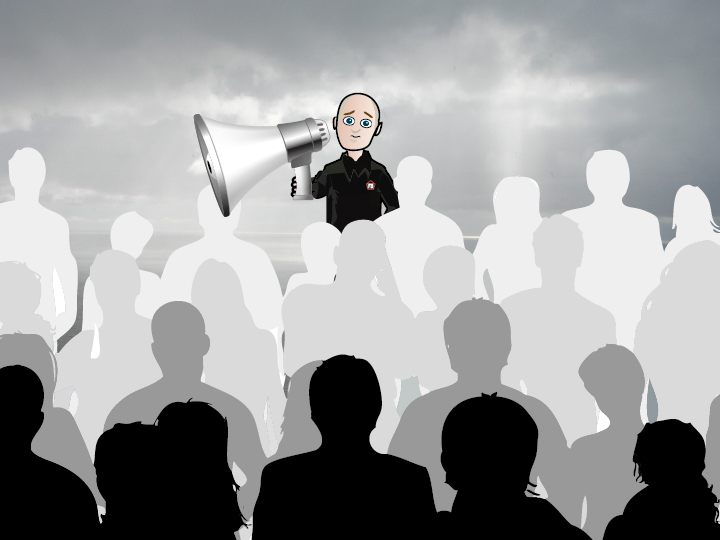As Team GB returns from Brazil and the dust on the Summer Olympics begins to settle, our MD Peter Church reflects on what business can learn from the greatest athletes on earth.
I’ve followed this year’s Olympic Games closer than any other. Waking up each morning to the overnight exploits of our dedicated Team GB members was truly inspirational; it’s even prompted me to don my running shoes for the first time in over a year! And now that the excitement’s all over, and our national heroes have made their way back home, I’ve had a chance to reflect on what business messages can be taken from the greatest sporting event on the planet…
Even the best of us need help
Needless to say, Olympic athletes are extremely determined and singled minded. You might even get the impression that many events are all about individual effort and commitment. However, what’s been clear in interviews with almost every medallist is that they couldn’t have done it without their support staff. One of the best examples of this was when Jade Jones, taekwondo gold medallist in 2012 and 2016, defied convention and pulled her coach, Paul Green, onto the mat following her victory. It just goes to show that no matter how successful you are as an individual, we all need help and support from time to time. So to all the warehouse, manufacturing and operations staff that have made me look good over the years – thank you for all your efforts!
Set short term goals
It’s good to have a few outrageously big ‘gold medal’ goals, but smaller, short term goals keep us moving in the right direction. On the face of it, every single Olympian sets themselves the same bold target of winning a gold medal. But as I listen to the athletes in interviews, I notice that many of them mention that they set specific times and milestones along the way that were 100% in their control, such as striving for a new personal best. Rome wasn’t built in a day after all, and setting strategic but realistic short term goals is the key to achieving ultimate ‘gold medal’ success.
Invest in long-term success
Short term goals should be set in conjunction with long term investment. In 1996, Team GB won a solitary gold, with Sir Steve Redgrave and Sir Matthew Pinsent winning the men's coxless pair in Atlanta. The subsequent efforts of the UK government and National Lottery fund was instrumental in helping Britain achieve extraordinary success in the years that followed – Olympic funding plans are already in place for Tokyo 2020. In my opinion, current business thinking is tooshort term – one bad quarter and everything changes. Even if you can’t see the immediate benefits, a well-devised long-term plan is the best way safeguard your business for the future.
Don’t be afraid to be different
We’ve been running, jumping and swimming at the Olympics since 1896. You’d think that we’d be doing things the best and fastest ways possible by now, but over the years innovation and new thinking have played a key part in winning gold. The 1968 Mexico City Olympics marked the international debut of American high jumper Dick Fosbury and his celebrated "Fosbury flop”, which would go on to revolutionise the sport. Such pioneering techniques always start with the simple question: “Is there another way to do this?” It’s a good question to ask yourself from time to time. You may find that that method you’ve been applying for years and years isn’t the most efficient after all.
So while Rio will undoubtedly inspire and enthuse the next generation of sporting greats – and even convince people like me to get out of the house – there are lessons that the business community can take from it too.




















